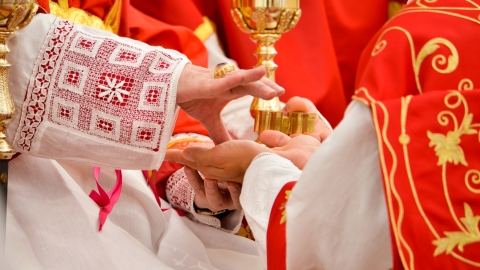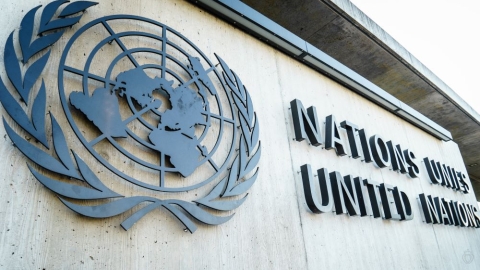France: The Constitutional Council Validates Bioethical Transgressions

The colonnade at the entrance to the Constitutional Council
On July 29, 2021, the Constitutional Council, seized by 80 deputies, rendered a decision on an appeal concerning various aspects of the bioethics law definitively adopted by the National Assembly on June 29, 2021.
The object of the appeal, which focused on research on the human embryo, was to ask the sages to set supra-legislative limits to avoid any headlong rush by the legislator in the face of scientific progress.
Indeed, the bioethical law endorses everything that science makes possible such as transgenic embryos, chimeric embryos, research on the embryo at 14 days of life, as well as research on the embryo for pure knowledge, and no longer for the benefit of the patient as before.
Faced with such transgressions which modify the very nature of a human - transgenic embryo -, of the animal - chimeric embryo - or even to reduce the human embryo to a laboratory mouse, the Constitutional Council was content to approve.
The sages have hidden behind “the extent of the competence of the legislator,” thereby avoiding any consideration of the root of the problem.
If the legislator is the only one competent to make or break the law, as long as it does not “disregard the constitutional requirements” which do not protect the human embryo, then anything goes.
This is what the Constitutional Council has validated:
- the creation of a transgenic and chimeric embryos;
- research on the human embryo up to age 14 days, for pure knowledge without medical purpose;
- the lack of verification by the Bioemécine Agency (ABM) of the consent of the parents who donate their embryos for research;
- the non-issuance of an authorization for the preservation of a human embryo by the ABM to medical biology laboratories;
- communication of the results of prenatal tests to the pregnant woman, and only if she wishes, to the other member of the couple;
- the creation of the commission for access to non-identifying data and the identity of donors; the absence of a solid guarantee prohibiting the donation of gametes from people under guardianship or trusteeship.
Based on this decision, the government was able to promulgate the law on bioethics on August 2, 2021.
(Sources : Fondation Lejeune/Conseil-constitutionnel.org/vie-publique.fr – FSSPX.Actualités)
Illustration : Photo 185464172 © Olrat | Dreamstime.com





